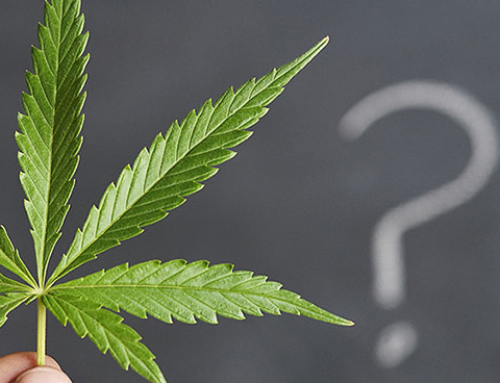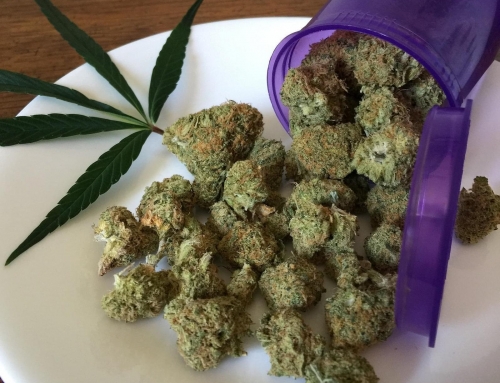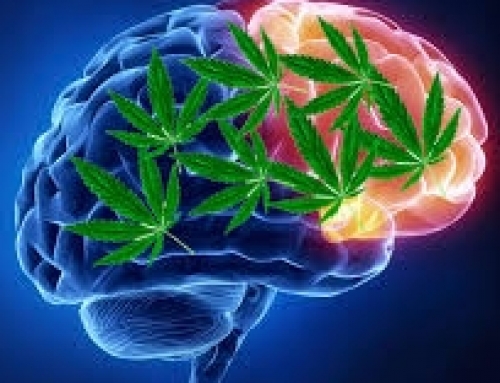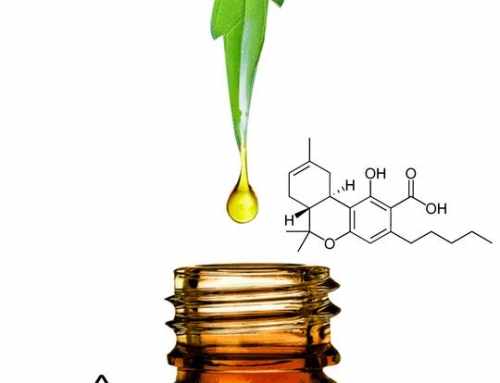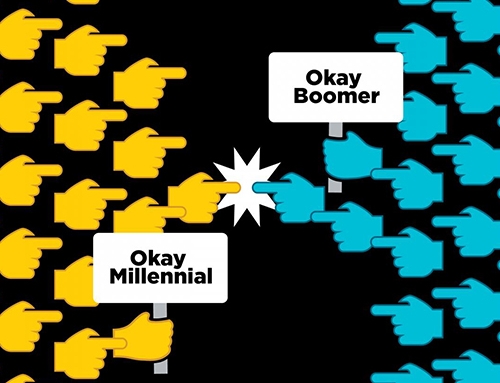Do not be fooled into believing that a simple full or broad-spectrum hemp oil extract can act as a weight loss product. Hemp extracted products, by themselves, often lead people to weight gain rather than weight loss. Let’s delve into the cannabinoid diet paradox.
First, when it comes to specific cannabinoids, you probably know that THC and its endocannabinoid analogue AEA causes overeating in a great many people. The munchies are not an urban myth; they join paranoia as the two leading subjectively reported negative effects to marijuana ingestion. Although less powerful, similar results can occur with CBD ingestion through hemp extracts.
In fact, there is a large body of research demonstrating that endocannabinoids such as anandamide [N-arachidonoylethanolamine (AEA)] and 2-arachidonoyl glycerol (2-AG), and their cannabinoid analogues THC and CBD, are known appetite potentiators that act via CB1 receptors in hypothalamus and limbic forebrain to induce appetite and stimulate food intake. It is also known that higher circulating endocannabinoid levels leads to decreased plasma levels of leptin, a hormone that reduces food intake by acting on hypothalamic receptors.
Recent research is even more specific in that scientists found that administration of AEA (THC) or 2-AG (CBD) increases gustatory nerve responses to sweeteners in a concentration-dependent manner without affecting responses to salty, sour, bitter, and umami compounds. The increased gustatory nerve responses led to immediate feeding behavior with, you guessed it, an increase in the ingestion of sweet substances with no change to eating behaviors in other types of foods.
Currently, it appears that higher blood levels of cannabinoids target an activation of receptors in the lateral hypothalamus and a significant increase in the desire to eat sweet, high calorie foods. Add to this the well-researched fact that certain other cannabinoids like CBN found in full and broad-spectrum hemp, further increase the desire to eat and this is not the basis of a good weight loss product! All biochemical reactions occur in a hierarchy in the body and it appears as though endocannabinoids propensity to create an increased desire for sweet foods is at the top of the hierarchy.
Conversely, far lower on the biochemical hierarchy, there is research that the free feeding behaviors of adult laboratory rats after being fed cannabidiol (CBD), significantly reduced the total food consumption. Later research found that CBD played a powerful role in a process referred to as “fat browning.” More specifically, they concluded that CBD assists with:
• Stimulating fat genes and proteins that encourage the breakdown and oxidation of fat;
• Boosting the number and the activity level of mitochondria in the body’s cells. This, in turn, assists the body in burning more calories;
• Decreasing the expression of proteins involved in lipogenesis, which is simply a fancy way of saying that CBD helps prevent the generation of fat cells in the body.
These findings as a group, again, are a result of CBD’s ability to induce fat browning. Fat browning is the process of converting energy storing white colored fat tissue into energy burning brown colored fat tissue. Medicine has shown that white fat can increase the risk of metabolic disorder, hypertension, heart disease and diabetes among many other deleterious disease states while brown fat reduces the risk of obesity and weight related disorders.
This is not where CBD’s involvement with weight loss ends. The endocannabinoid system, which is the body’s ultimate system of internal regulation and homeostasis (balance), is directly connected to several weight related metabolic functions such as insulin sensitivity, nutrient transport and energy storage. The ECS can also stimulate the transport and utilization of long chain fatty acids by skeletal muscle, as well as improving digestion in the GI tract and optimize the endocrine activities of the pancreas.
The findings regarding CBD paradoxically point to it CBD as having quite a powerful weight loss effect in the body, but those effects are diminished by more powerful urges to consume sweet tasting, sugar rich foods. This paradox gets solved, in dramatic fashion, by none other than terpenes.
Recall please, from basic brain physiology, in a very general sense, when the lateral hypothalamus is excited, people get very, very hungry, due to the presence of receptors which cause hunger. And when the ventromedial hypothalamus (sitting next door) is excited, satiety occurs, and hunger disappears, due to the presence of receptors which cause us to feel full.
When you ingest cannabinoids, especially with naturally occurring terpenes present, hunger results and interestingly this is true regardless of whether the receptors that are activated are in the lateral or ventromedial areas of the hypothalamus.
Here is Where We Solve the Paradox.
When a terpene is introduced that has an antagonistic property to certain CB1 receptors in the hypothalamus, rather than hunger growing, it disappears. The neurophysiological data that has been published is compelling and clearly shows that the presence of certain terpenes will override the hierarchy referenced at the top of this article that creates a hunger for sweet foods and creates powerful appetite suppression. Not only will it override the established effect, but it will specifically redirect the stimuli to create the opposite effect. In other words, for weight loss, the presence of the cannabinoids in full spectrum oil would normally cause the lateral hypothalamus to create hunger but in the presence of the proper terpenes all that energy gets redirected to the ventromedial hypothalamus to take hunger away. Appetite suppression plus all the above positive biochemical aspects of CBD means that full or broad-spectrum hemp when ingested, with the proper terpene enhancement, will create a superior weight loss solution. Perhaps, stronger than anything known to science today.
Similarly using cannabis whether, marijuana or hemp derived, with the simple addition of various appropriate terpenes can dramatically increase the positive response delivered by the natural cannabis product in other areas like pain or anxiety.



